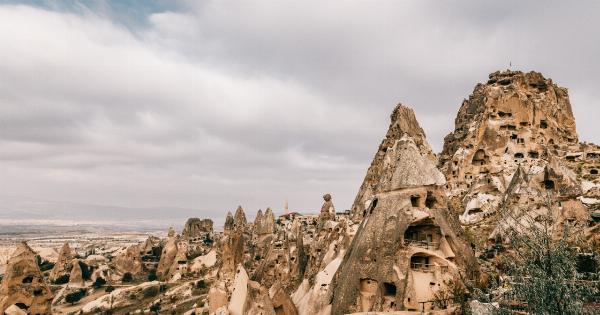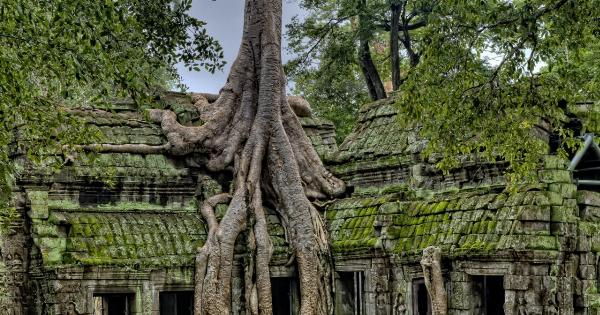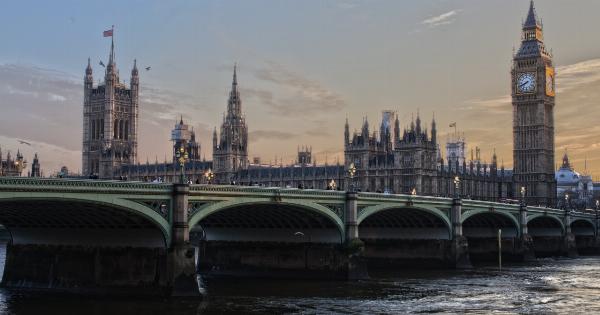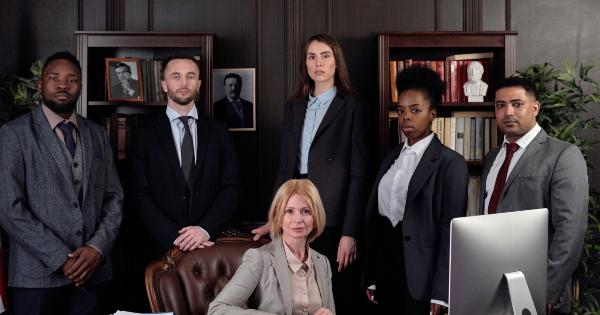Our memories are some of the most precious and personal possessions that we have. They help shape who we are and the ways in which we interact with the world around us. However, memories can be fragile and easily lost over time.
That’s where specialized jobs come into play – they help safeguard our memories and keep them alive for generations to come. Here are some of the most important jobs that are dedicated to preserving our memories:.
1. Archivist
An archivist is responsible for maintaining and preserving historical documents and records. They work in museums, libraries, and other institutions where historical artifacts are kept.
Archivists must have a deep understanding of proper preservation techniques, including how to properly store and catalog documents without damaging them. They also need to be able to navigate complex databases and search for specific information within large collections. Archivists often work behind the scenes, but their work is essential to understanding and preserving our nation’s history.
2. Preservationist
Preservationists work to protect and maintain historic buildings and sites. They focus on things like improving building materials, restoring damaged structures, and preventing erosion.
Preservationists are responsible for ensuring that these sites remain accessible and authentic for future generations. They also work to educate the public about the importance of preserving our history and cultural heritage.
3. Museum Curator
A museum curator is responsible for managing the collections within a museum. This includes everything from selecting new pieces to add to the collection, to designing exhibits and arranging displays.
Curators need to have a deep understanding of art and history, as well as strong organizational and managerial skills. They must be able to navigate complex legal and ethical issues, including questions related to the ownership of certain artifacts or the sensitive nature of certain exhibits.
4. Photo Technician
Photo technicians work in a variety of settings, including photo studios, labs, and print shops. They are responsible for printing and developing photographs, as well as scanning and editing digital images.
Photo technicians need to have a keen eye for detail and be able to work with specialized equipment and software. They also need to understand the basics of color theory and image composition, and be able to communicate with clients to understand their needs and preferences.
5. Film Archivist
Film archivists are responsible for preserving and cataloging films and other moving images.
They work in museums, libraries, and other cultural institutions, and are responsible for inspecting and repairing old film prints, as well as transferring older formats to digital media. Film archivists need to be knowledgeable about the history of film, and understand the nuances of different formats and techniques used in production.
6. Historian
Historians research and write about the past, using primary and secondary sources to piece together a narrative that helps us understand how we got to where we are today.
Historians can work in a variety of settings, including academia, museums, and government agencies. They need to have excellent research and writing skills, as well as strong analytical abilities.
Historians also need to be able to communicate complex ideas to a broad audience, and work collaboratively with others to uncover hidden truths and patterns.
7. Librarian
Librarians are responsible for curating and managing large collections of books and other materials.
They work in public libraries, university libraries, and other institutions, helping patrons find the information they need and connecting them with resources that can help them learn and grow. Librarians need to be skilled in research and information management, as well as customer service.
They also need to be invested in promoting literacy and intellectual curiosity, and creating inclusive spaces where people of all ages and backgrounds can feel welcome and supported.
8. Oral Historian
Oral historians work to collect and preserve the stories and memories of individuals who have lived through important historical events.
This might involve conducting interviews with veterans, survivors of natural disasters, or other individuals with unique experiences to share. Oral historians need to have strong communication skills, as well as an ability to establish trust and empathy with their subjects.
They also need to be able to transcribe and organize large amounts of information, and turn it into compelling narratives that can be shared with a wider audience.
9. Interpretive Specialist
Interpretive specialists work to create engaging and informative exhibits and displays for museums and other institutions.
They take complex information and turn it into accessible narratives and interactive experiences that help visitors understand and appreciate the world around them. Interpretive specialists need to be creative and innovative, as well as strategic in their thinking about how to engage different audiences and meet their various needs.
10. Restoration Artist
Restoration artists work to repair and restore damaged artwork, sculptures, and other artifacts.
They need to have a deep understanding of fine art techniques and materials, as well as an ability to work patiently and methodically to bring damaged pieces back to their former glory. Restoration artists need to be able to work with a variety of different materials, including paints, metals, and textiles, and may be called upon to create custom pieces to fill in missing parts of an artwork.
Conclusion
Our memories are fragile things, easily lost to time and neglect. But thanks to the dedication and expertise of these specialized professionals, we can be confident that our cultural heritage is being protected and preserved for generations to come.
Whether it’s through meticulously cataloging historical documents, restoring damaged artifacts, or creating engaging exhibits that help us understand the world around us, these jobs play a crucial role in safeguarding the things that make us who we are.




























